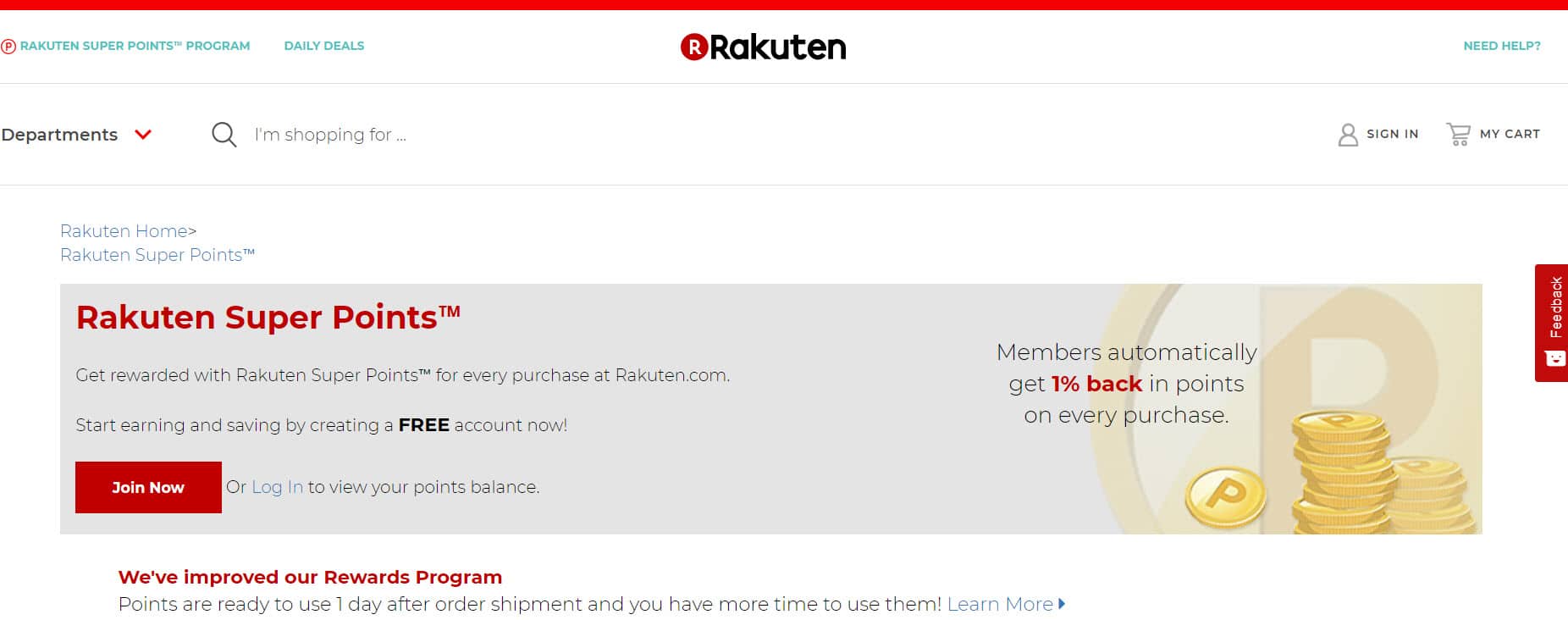Loyalty Programs Need Fixing And Blockchain Can Help
It’s a typical Saturday and you trek over to the grocery store, running your loyalty card through the register. Maybe they print you out a coupon. You head for a latte in your local Starbucks and clock up some more reward points. Then you go to buy that sweater you want at your favorite department store–only to realize you left your discount card at home. Loyalty programs, for the most part, are a huge waste of time.
Almost without exception, they are fragmented and inefficient. The user ends up with a wallet stuffed full of cards, or a bunch of online passwords they can’t remember. And more often than not, you never have the coupon or number when you need it. All the loyalty points go to waste and the offers expire. And worse than that? You can’t even transfer your points to a friend.
Several blockchain companies are rising to the challenge of fixing the broken loyalty programs space. Because not only are current systems inconvenient for customers, they’re expensive for companies, as well.
Loyalty Programs Are Huge Liabilities
Forgetting to use your Subway credit or air miles may not seem like a major issue to you. But all these points add up to quite a big problem. Actually, unused loyalty points are a large liability for many firms, since they constitute a promise for future services. Which puts the balance sheet out of balance.
In fact, the sheer magnitude of loyalty programs combined with changes in accounting in the US in 2015 can lead to losses of millions (even billions) of dollars. Delta Airlines, for example, ended 2015 with $3.9 billion in liabilities, and Marriott International followed closely with $2.6 billion.
Gabriele Giancola is CEO of qiibee, a decentralized loyalty ecosystem on the blockchain. He says, “Loyalty programs fail and have a lot of inefficiencies. Companies spend a lot of money on marketing and on the other side you don’t redeem the points and you actually create a liability for that company, because every point that you don’t spend becomes a liability in their balance sheet.”
That’s a lot of money that could be translated into real benefits for customers or cost-savings for companies. “It’s a huge amount of cash that companies have to put aside for unredeemed points,” Giancola continues, “and this is really making all these systems super inefficient.”
Rakuten, Japan’s answer to Amazon, is a major retailer getting proactive with blockchain in the loyalty space. With an existing loyalty program valued at around $9 billion, customers can convert Rakuten Super Points into the Rakuten Coin. This will make for an ecosystem in which customers can trade points and ensure that they get used.

The Problem with Data
As the GDPR is knocking at companies’ doors and social media scandals dominate the headlines, data is thrust into the limelight. And it’s only logical that multiple centralized companies holding onto your details make you more susceptible to attack.
Blockchains can remove the central data authority from the system, ensuring consumers have control over their data and its use. They can also connect the fragmented loyalty market and enable users to actually use their points. And companies to free themselves from these crippling liabilities.
Loyalty Programs on the Blockchain
Rakuten is a front-runner in the space. But their loyalty system doesn’t allow for consumers to manage various brands in one place. Taken one step further, loyalty programs on the blockchain can place all these brands on one foundation. This will enable users to exchange points with each other no matter what the company.
So, instead of a pile of cards causing your wallet to burst at the seams or papers that get tossed in the trash, you have everything in one central place–a “loyalty ecosystem.”
Giancola says, “Let’s say I use Starbucks and you use Subway. Maybe I want to eat a Subway and you want to get a coffee. We can exchange our points so you get your coffee and I get my Subway.”
And the brands get to reduce their liabilities, providing a win-win-win situation all around.
A7 Core is a blockchain company big on personalized coupons. Using artificial intelligence to develop offers that are customized to your spending habits, they’re working to provide customers with coupons they can actually use. After all, what use is money off car lubricant, if you don’t own a car?
Co-founder and Chief Brand Officer William Parker says, “Let’s say you love Coca-Cola but your friend buys it every so often. Well, you would get the coupon that cuts the price of 12-pack in half, but she would get the coupon that is an extra dollar off. Because you buy Coke more often, you get the bigger discounted coupon. It is literally customized to your spending habits.”
But It Isn’t All Smooth Sailing
Building a loyalty ecosystem is a nice idea. But it isn’t going to happen overnight. Even if the major brands are chomping at the bit to get their loyalty programs “blockchain-ized” and even if developers work non-stop, there are still plenty of challenges along the way.
Beyond education and awareness, one of the main problems facing many projects, especially on the Ethereum blockchain, is scalability.
Working with a couple of small brands, or within certain geographies is one thing. Scaling up to work with giant brands globally is another. That could potentially involve millions of transactions per day. Currently, Ethereum is not able to manage so many transactions, so that will be a stumbling block to wide-scale adoption.
But, with so many bright minds working on solutions, it won’t be long before your coupon woes are a thing of the past. So, if you’re one of those nervous people who can’t stand waiting in line while the glacially slow lady in front of you counts out her coupons, you’ll love the future of loyalty programs.
[thrive_leads id=’5219′]







